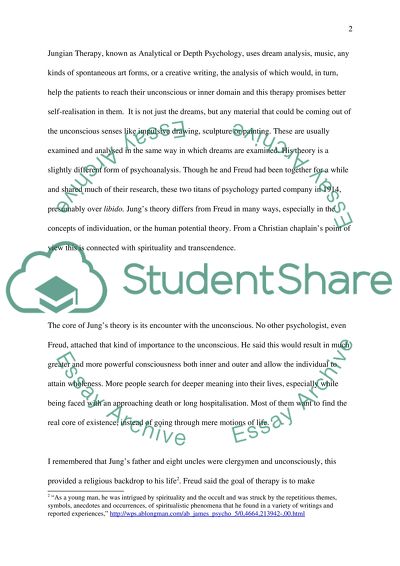Cite this document
(“Depth Psychology Essay Example | Topics and Well Written Essays - 2500 words”, n.d.)
Depth Psychology Essay Example | Topics and Well Written Essays - 2500 words. Retrieved from https://studentshare.org/psychology/1518314-depth-psychology
Depth Psychology Essay Example | Topics and Well Written Essays - 2500 words. Retrieved from https://studentshare.org/psychology/1518314-depth-psychology
(Depth Psychology Essay Example | Topics and Well Written Essays - 2500 Words)
Depth Psychology Essay Example | Topics and Well Written Essays - 2500 Words. https://studentshare.org/psychology/1518314-depth-psychology.
Depth Psychology Essay Example | Topics and Well Written Essays - 2500 Words. https://studentshare.org/psychology/1518314-depth-psychology.
“Depth Psychology Essay Example | Topics and Well Written Essays - 2500 Words”, n.d. https://studentshare.org/psychology/1518314-depth-psychology.


